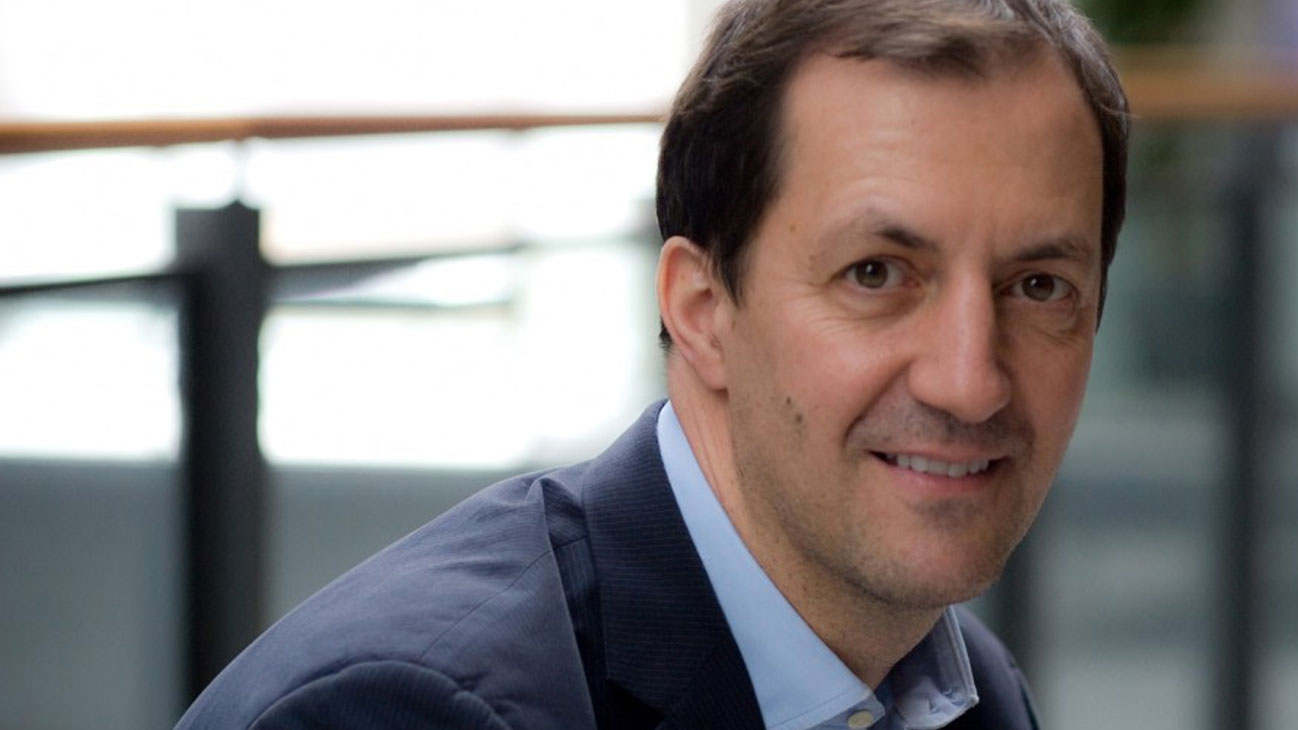Andrew Coyne delivers insightful, provocative commentary on political and economic issues to Canadians across the country. The former national editor of Maclean’s, and currently a nationally syndicated columnist with Postmedia, his topical and timely presentations are sure to ignite debate and discussion with every audience. In this column below, Andrew writes on the recent killings at a Quebec City mosque:
It began just minutes after the first reports surfaced online. Though the killings had taken place at a Quebec City mosque, though the victims had all been Muslim, nevertheless it was asserted, with all the authority that anonymity confers, that the killers were Muslim. “Police reports” were disseminated claiming they were two Syrian refugees, just admitted the previous week. Fake news sites supplied fake names. The failure of the English-language news networks to go live with the story was attributed, not to a lack of resources or competence, but to their involvement in a cover-up.
This is how we do things now. This is the ritual we have learned, after every such outrage: not to mourn the dead or to draw, after due consideration of the facts, the appropriate lessons, but to lay the blame, in advance of the facts being known — as if it were a kind of race, in which the first to find fault wins. Both sides do it, and while the evidence this time would seem to support the alternate theory, not Islamist but Islamophobe — there are, as we have since learned, one suspect not two, the other arrestee, the one with the Arab name, proving to have been not a shooter but an engineering student who was helping the wounded — those who leapt instantly to that conclusion had no more evidence to support them on the night than their brothers-in-preconception.
In fact, we do not know what the suspect’s motive was, even now. We have rather more basis on which to draw intelligent inferences, but certainty, if ever it is given to us, must await his trial. We have even less grounds to state who or what planted that motive there, though again that has not stopped people from trying. At any rate, it is a fool’s errand. We do not need an atrocity to tell us that something has come unstuck in society of late, and we are on firmer ground, if evidence of that we seek, to look not to a single act on the part of (as I suspect we will find) a particularly disturbed individual, but rather to a more generalized wave of intolerance: to the surge in anti-Muslim hate crimes across Canada in recent months and years, to the increasingly open advocacy of anti-Muslim (and anti-Semitic, and other species of racist) sentiments, online and elsewhere. It is still no more than a small minority taking part, but it is more than it was.
I don’t know what set off Alexandre Bissonnette and neither, if you are honest, do you. But wherever we see large numbers of people acting in the same foul ways, repeating the same foul lines, we are entitled to look for common threads. That does not lessen the individual culpability of each. But people do not act in a moral vacuum. They take their cues from those around them, from what is considered acceptable in the circles in which they move, and the larger the circle in which it is considered acceptable to do and say certain things, the more likely they are to do and say the same. There are such things as cultures, which may wink at things like bribery and tax evasion — and prejudice — or, as one hopes, frown on them.
Once, not long ago, the person who harboured a certain bigotry would have had go to some lengths to find validation in others: a photocopied pamphlet, an anti-Semitic hotline, and such. Now they have merely to go on Twitter, or to visit certain websites. There they discover they are not alone, or even, as it seems, unusual. This is reinforced, in the case of anti-Muslim prejudice, by the tensions aroused after the horrifying Islamist terror attacks across the western world in recent years. The Islamophobe believes that only he is willing to see things as they are, to call things by their proper name, and that those who insist on drawing a distinction between Islamism and Islam, between Muslim terrorists and Muslims, are blinded by political correctness.
This is not in any way to suggest these views should be censored. We would not convict an accused person on a hunch; neither is the supposition, however logical, that open advocacy of prejudicial views might lead to hate crimes sufficient to warrant their suppression — not if we take free speech seriously. There are legitimate fears raised by terrorism, and legitimate debates to be had about how to fight it. Islam must be as open to criticism as any other religion or ideology.
But if we lack enough proof of cause and effect to prosecute, that does not mean we cannot draw reasonable inferences; if we would not restrict others’ speech, that does not mean we should not govern our own. We are all of us engaged every day in the construction of a moral order: by our accumulated individual examples, the words we use, the acts we condone, we can make it one that encourages decency and compassion towards others, or the reverse. This is particularly true of those in positions of leadership, political or other.
I do not think it is fair, then, to lay the murders at the Ste. Foy mosque at the feet of Kellie Leitch or Donald Trump or any other individual besides the murderer. I do think it is fair to ask them, and others, to look inside themselves, to consider what kinds of attitudes they are encouraging, what risks they are taking, and what fire they are playing with.

